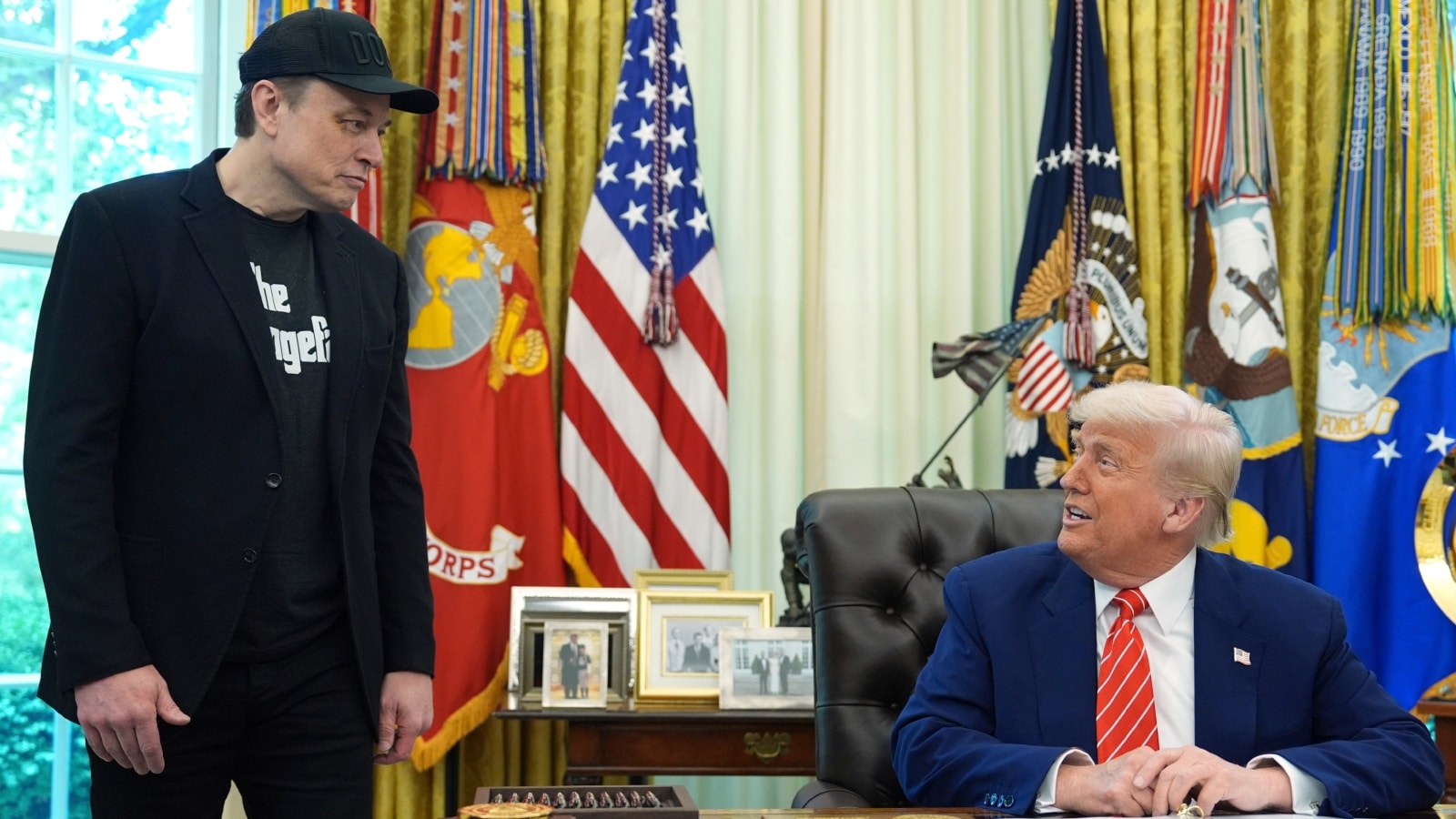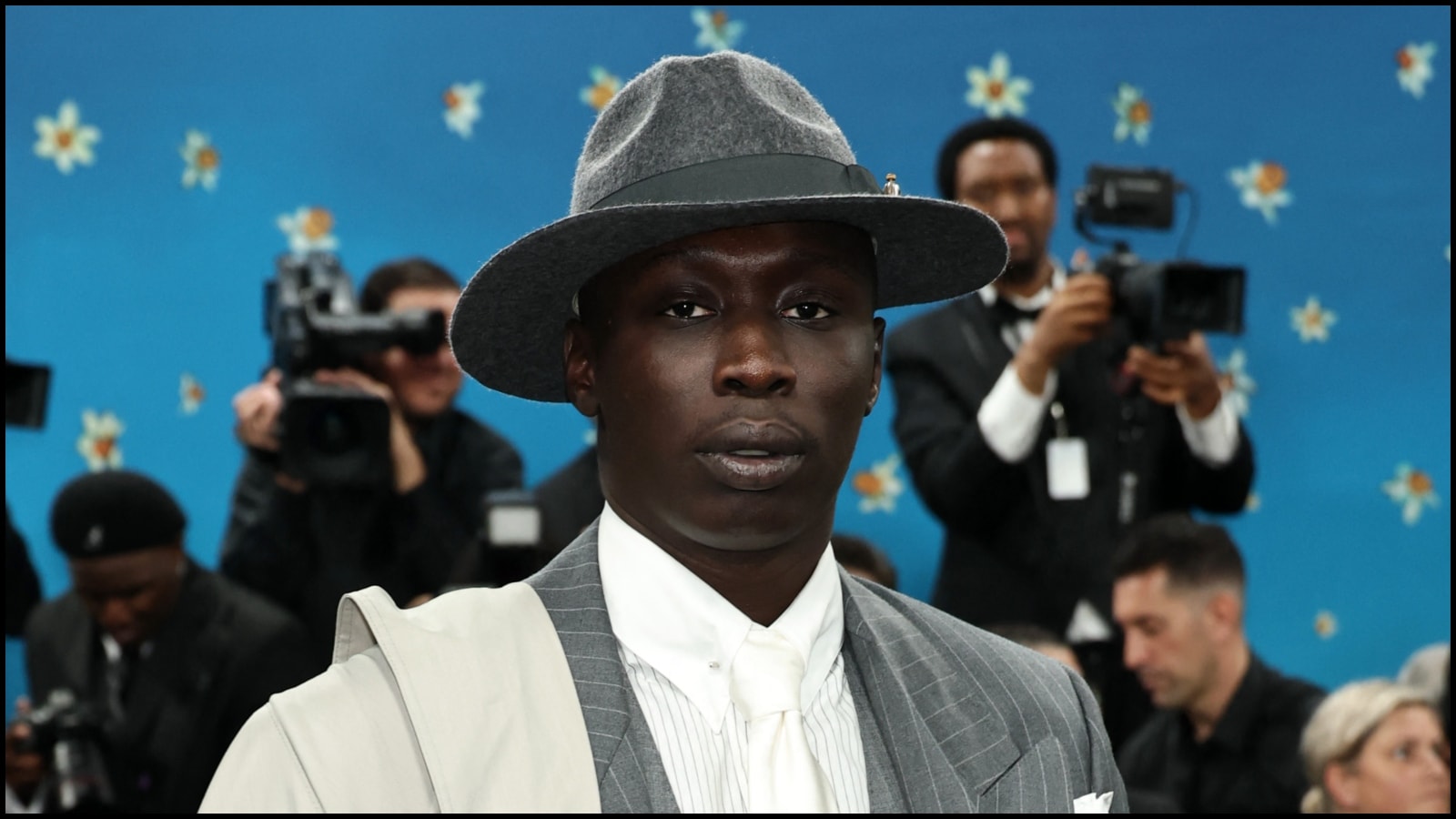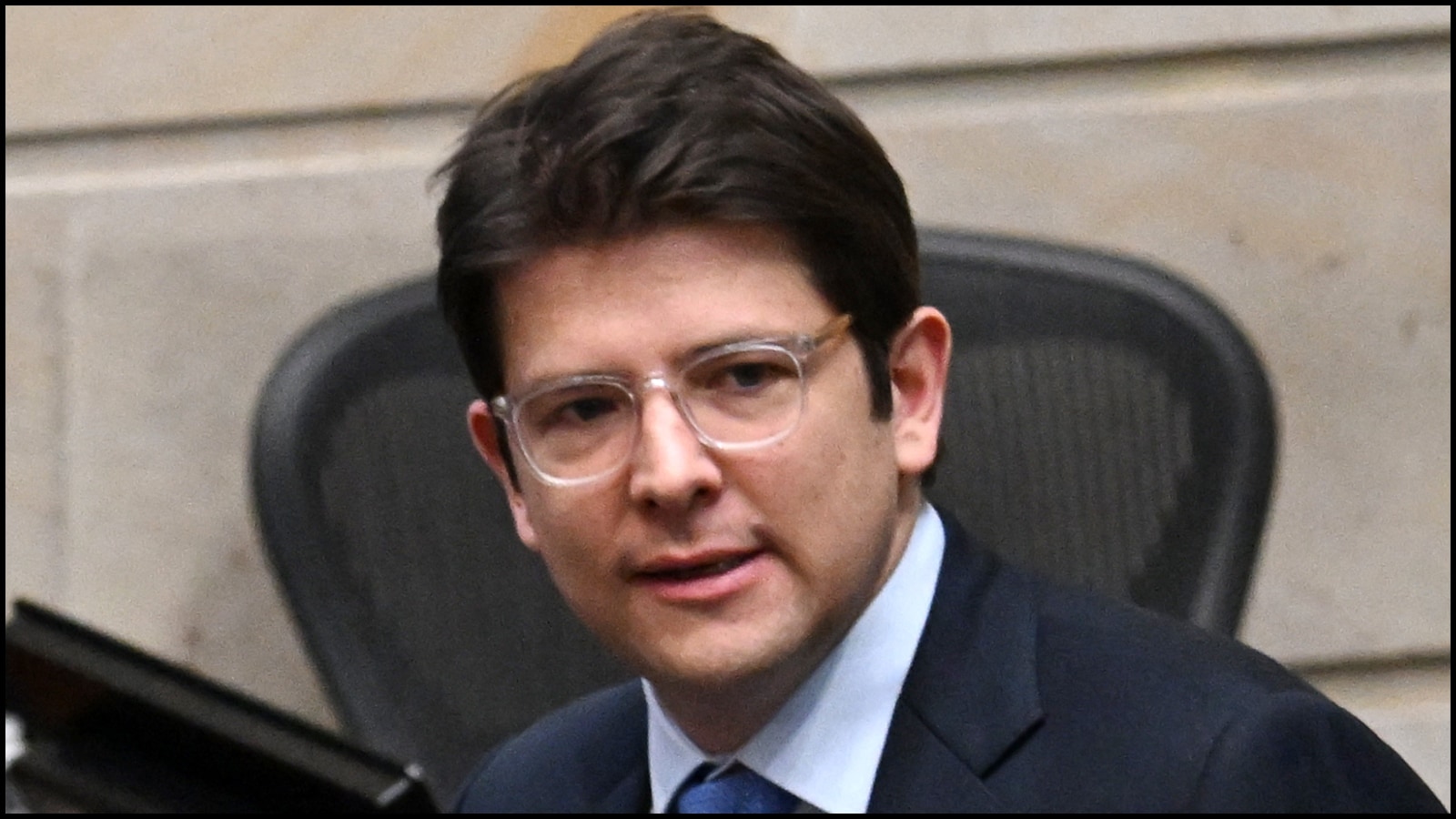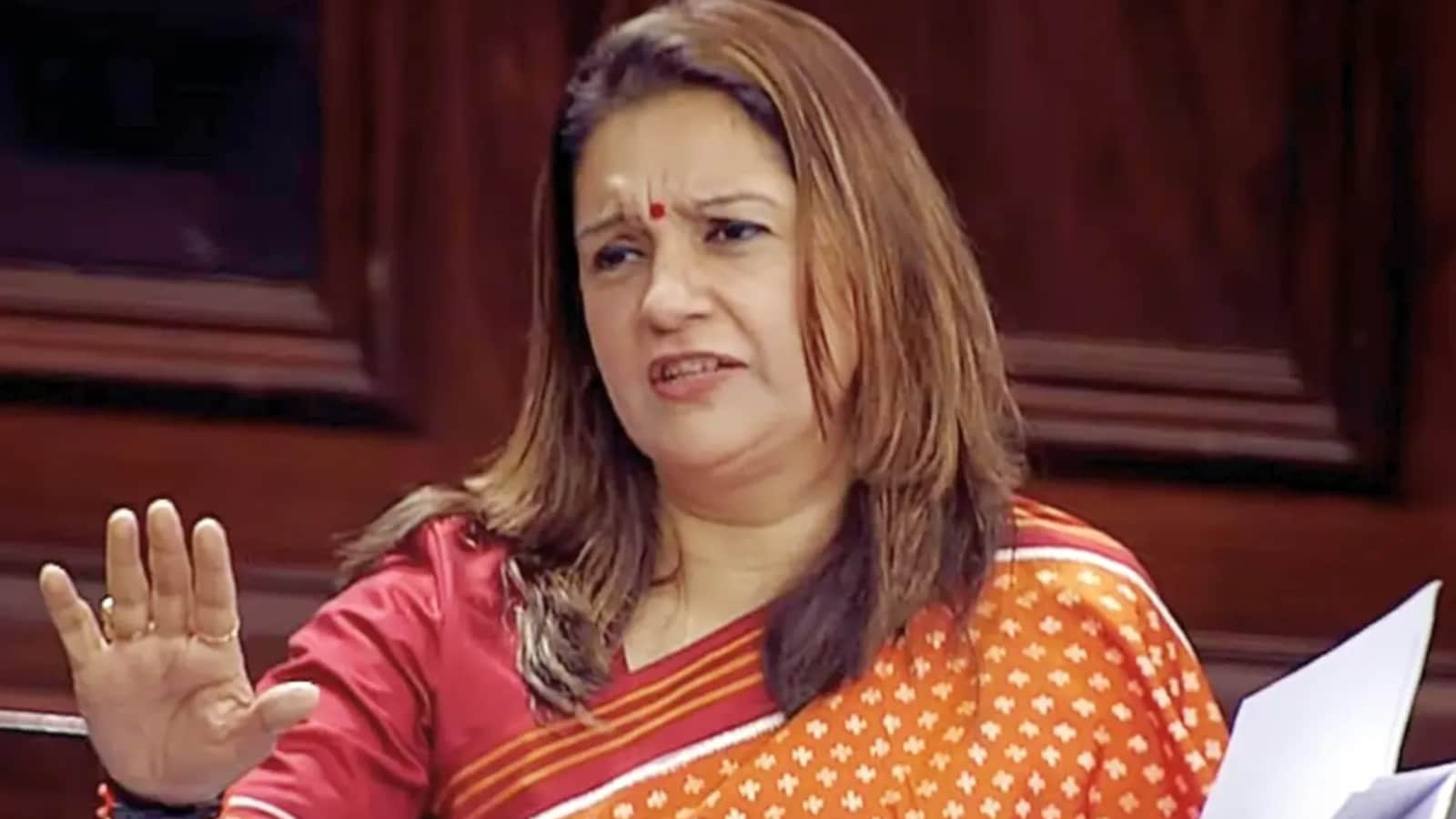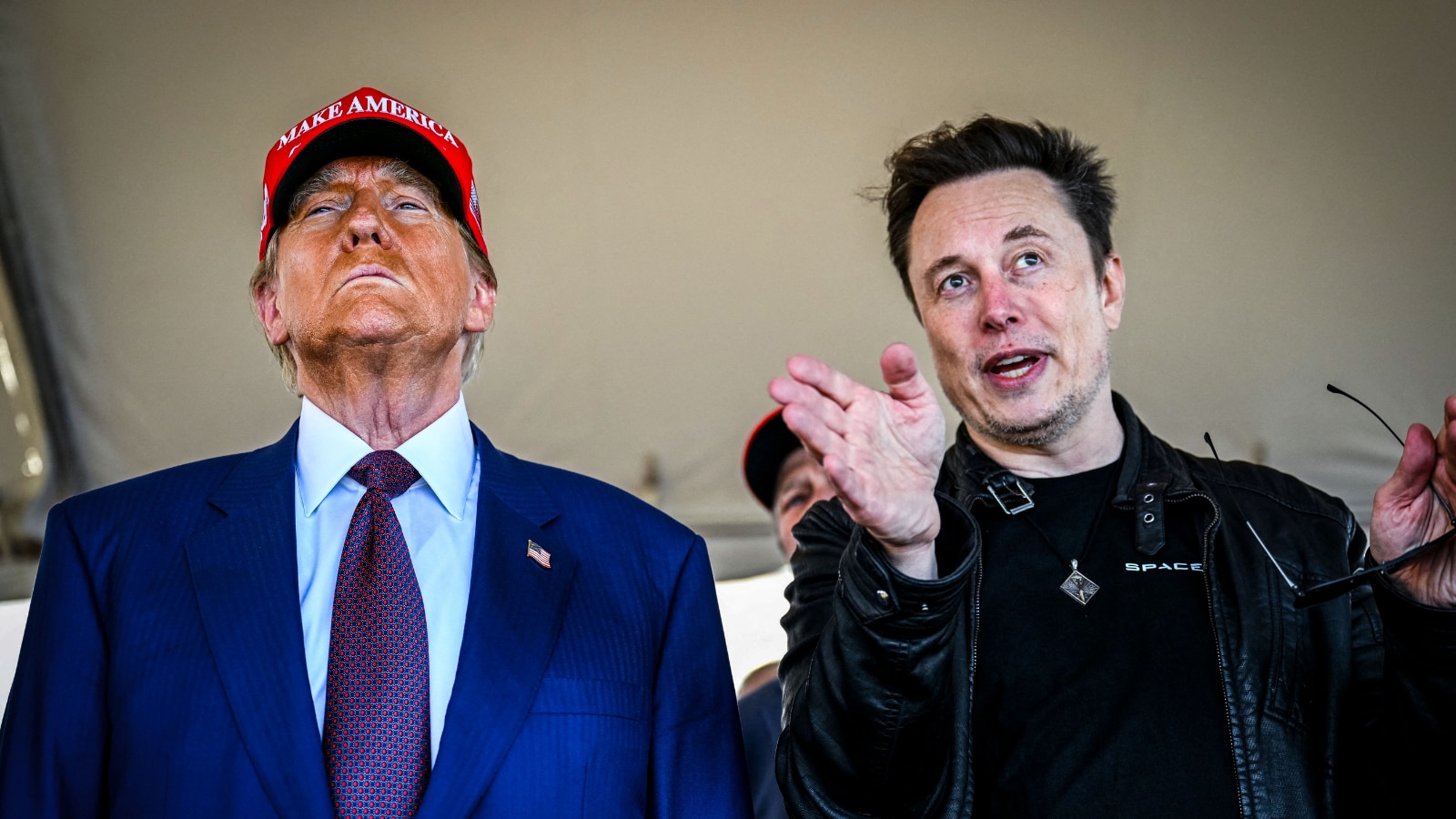Over the past couple of years, the Oxford-educated psychologist Barbara Santini has been widely quoted as an expert. She has contributed thoughts on everything from the psychological impact of the Covid pandemic to the importance of vitamin D and how playing darts can improve your health.
However, her pronouncements have begun to disappear from articles after concerns that Santini may not be all that she appears. Major news outlets have removed entire articles featuring Santini, or comments made by her, after a series of questions were raised over her qualifications – and even whether her entire identity could be an elaborate hoax.
The case has been described as a wake-up call for newsrooms, as AI tools make it far easier for bad actors to invent supposed experts for their own purposes. Santini’s output has been prolific, with comments in Vogue, Metro, Cosmopolitan, the i newspaper, the Express, Hello!, the Telegraph, the Daily Star, the Daily Mail and the Sun in recent years. She was also quoted in an article for the BBC’s international site, BBC.com.
On closer inspection, her main online presence is as a sex and relationships adviser at an online sex toy outlet, Peaches and Screams. Some of the articles featuring her include a link to the store. Her qualifications are described there as “psychologist and sex adviser – University of Oxford”. However, the British Psychological Society (BPS) said she was not one of its members. She does not appear to have social media profiles, though she has two followers on the blogging site Medium.
Questions over Santini were first raised by the Press Gazette. Peaches and Screams did not respond to repeated requests for comment. The Guardian made several attempts to reach her through a number understood to be connected to her, asking for a meeting or conference call to confirm her identity as well as verification of her qualifications. A message was eventually received stating: “Thank you for your interest in this matter.” No further verification was provided.
Some of the reporters who have quoted her said they received comments through companies that connect journalists with experts. Some cited one such service, ResponseSource. The company has now launched an investigation and suspended the PR agency that handled Santini, and is planning a peer review system that allows journalists to rate an expert they have featured.
Santini also briefly featured on Qwoted, another platform connecting experts to journalists. Shelby Bridges, its director of user success, said the profile was removed after it found “immediate red flags pertaining to credentials and where the account was being accessed from”. She added: “Due to our inability to fully validate her credentials, we disabled the account shortly after it was created.”
Reach, which owns the Daily Mirror, Daily Express and Daily Star, is among the news outlets removing Santini from its coverage. This includes a Daily Star article in which Santini talked about how darts improved qualities such as “planning, foresight and problem-solving”.
Also removed was a Daily Mirror story in which Santini said the Covid pandemic had left some people with “difficulties establishing new relationships, heightened irritability, or a tendency to avoid social situations entirely”. The Guardian has removed her comments from an advertising feature on its website.
The BBC has removed her comments from a piece about AI by BBC Future, commissioned by BBC.com. A BBC spokesperson said: “As a widely used commentator, Barbara Santini’s quotes were used in good faith by BBC Future. While the substance of the article remains valid and her contribution was minor, given we have been unable to confirm Santini’s credentials, we have removed her quotes from the piece.”
The Independent has removed several stories that featured Santini commenting on subjects such as the differences between abuse and BDSM, as well as the importance of vitamin D. Yahoo has removed Santini’s quotes from articles, adding the clarification: “An earlier version of this story included information from a source whose expertise may not be valid. The quotes from the source have been removed.”
While the details of Santini’s case remain unclear, it has raised the issue of how journalists verify the credentials of sources in the AI age. Charlie Beckett, the leader of the journalism and AI project at the London School of Economics, said: “This is about long-running pressures on journalists to be quicker. This is not the AI itself that’s at fault here. This is unscrupulous people, it seems. It is a wake-up call to all of us, frankly.”
Roman Raczka, the president of the BPS, said: “Working with a professional membership body such as the British Psychological Society provides peace of mind to all reporters that they are speaking to a real person.”

 1 month ago
1 month ago
